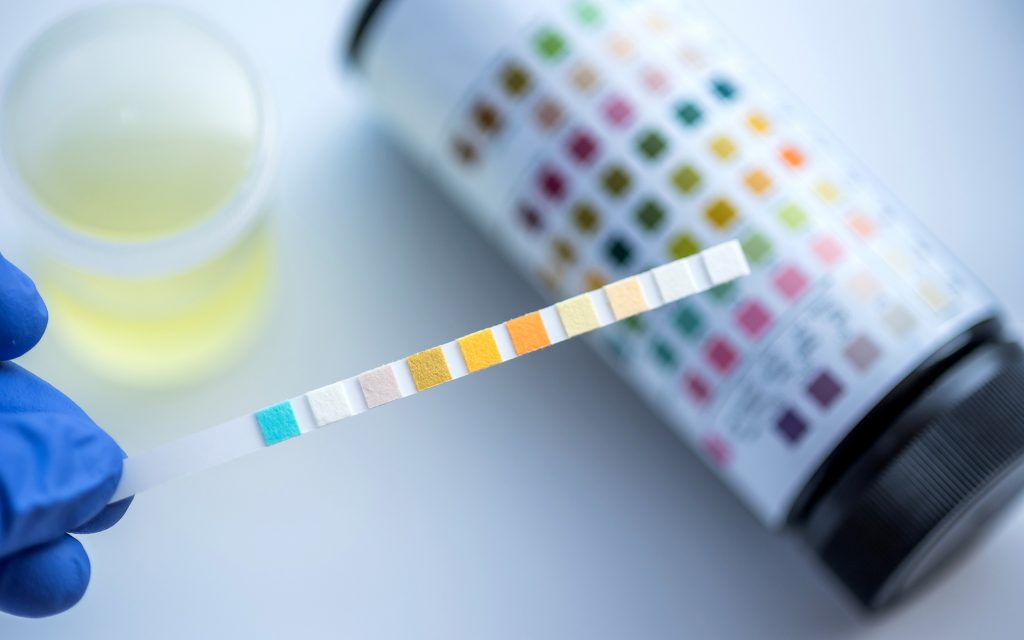
Cannabis is likely to remain banned by the World Anti-Doping Agency in 2023
World officials are still unconvinced that Olympians should be allowed to use weed, despite pleas from agents, politicians and athletes like Sha’Carri Richardson.
The World Anti-Doping Agency, which oversees drug testing for major global competitions, said it has found no conclusive evidence to amend its ban on cannabis for Olympic athletes and is likely to continue banning the substance, it said reported the Wall Street Journal.
Last year, the agency vowed to review its cannabis ban after American sprinter Sha’Carri Richardson was disqualified from the Olympic trials for the Tokyo Games after testing positive for THC.
Related
Sha’Carri Richardson doesn’t need to apologize for smoking weed
As the September 23 deadline for next year’s Prohibited Substances List approaches, after completing a thorough review, WADA’s Expert Group has shared a draft of the updated list, which still includes cannabis.
According to Wall Street Journal reporters Rachel Bachman and Louise Radnofsky, WADA usually follows the advice of its expert panel. And these advisors still believe that the available scientific evidence shows marijuana meets the criteria to remain banned.
To be included on WADA’s Prohibited List, a substance must meet two of these three criteria: 1) It enhances or has the potential to enhance athletic performance; 2) It presents an actual or potential health risk to the athlete; 3) It violates the spirit of sport.
As it stands, the code provides for a three-month suspension for athletes who test positive — which can be shortened by establishing out-of-competition use or by completing an approved drug treatment program, which Richardson last year has carried out.
The list is not quite complete yet

The World Anti-Doping Agency will not finalize the new list until September 23, with the approval of its Executive Committee. A WADA spokesman said in a public statement that the list “is still under review”. The official list for 2023 will be published on October 1st.
Drug officials from the Netherlands are demanding that all cannabinoids should be removed from the banned list. The Dutch Anti-Doping Agency has taken the liberty of publishing WADA’s draft list for 2023, along with a formal response, on its website.
“Cannabinoids most likely have a negative impact on athletic performance,” the agency wrote. Dutch officials also raised concerns about CBD limits, which contribute to about 3% of positive tests.
How does the US Anti-Doping Agency feel about weed?
The American position on whether cannabis should be banned was less clear than that of the Dutch.
Related
Which sports test for marijuana?
The United States Anti-Doping Agency (USADA) has said that “the rules on marijuana need to change,” according to a letter signed by USADA CEO Travis Tygart.
But WADA claims the US hasn’t actually called for cannabis to be removed from the banned list. On Friday, WADA’s spokesman told the WSJ, “To date, neither the US authorities nor the US Anti-Doping Agency have requested that cannabis be removed from the Prohibited List.”
Still, Tygart told the WSJ in an interview, “For nearly a decade, USADA has advocated for WADA to change its approach to marijuana so that a positive test does not constitute a violation unless it was used intentionally to improve performance.” improve or endanger the health or safety of competitors.”
History of WADA’s anti-cannabis stance
Cannabis and concentrates like hash have been banned by WADA since the agency created its Prohibited Substances List in 2004. Cannabis is listed as a substance of abuse similar to cocaine, heroin and ecstasy.
After Richardson was suspended in 2021, American leaders, including Congressmen Rep. Jamie Raskin (D-MD) and Rep. Alexandria Ocasio-Cortez (D-NY), called the ban “a significant and unnecessary burden on civil liberties.” Athletes” and called for WADA to reconsider its policy.
Despite opposition from countries like the US and Amsterdam, many WADA stakeholders still believe cannabis poses health risks to competitors and goes against the spirit of sport, Tygart’s letter said. The US is WADA’s largest global contributor, contributing more than US$3 million to the agency’s approximately US$40 million budget for 2022.
In response to US stakeholders asking for the cannabis ban to be lifted following Richardson’s controversial suspension, WADA President Witold Banka sent a five-page letter clarifying that WADA’s policies “do not tend to be modified based on specific suspensions of athletes to be changed”.
More on cannabis and sports
By submitting this form, you are subscribing to Leafly news and promotional emails and agreeing to Leafly’s Terms of Service and Privacy Policy. You can unsubscribe from Leafly email communications at any time.

Post a comment: